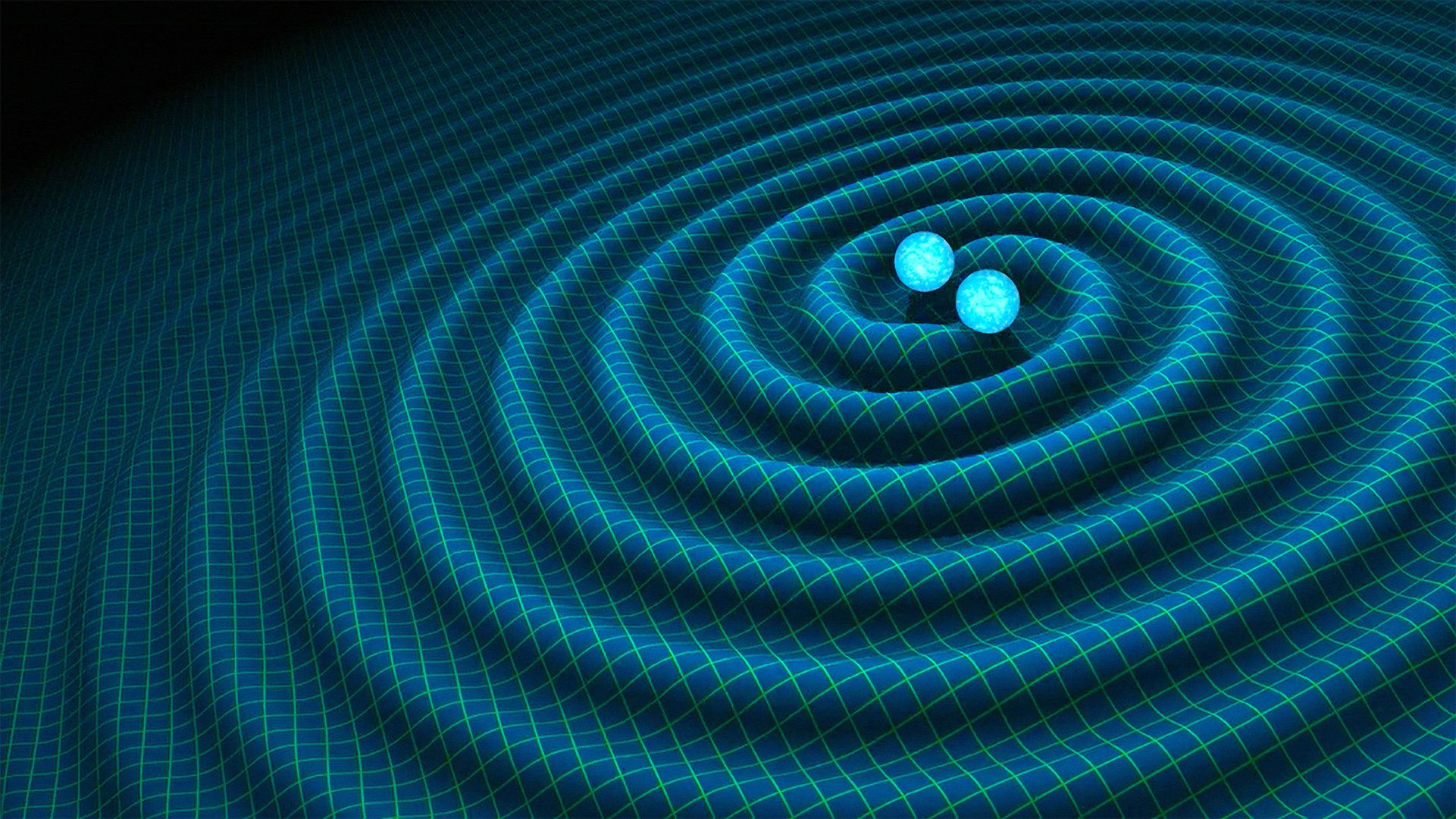The historic first detection of gravitational waves from colliding black holes far outside our galaxy opened a new window to understanding the universe. A string of detections—four more binary black holes and a pair of neutron stars—soon followed the Sept. 14, 2015, observation.
Now, another detector is being built to crack this window wider open. This next-generation observatory, called LISA, is expected to be in space in 2034, and it will be sensitive to gravitational waves of a lower frequency than those detected by the Earth-bound Laser Interferometer Gravitational-Wave Observatory (LIGO).
A new Northwestern University study predicts dozens of binaries (pairs of orbiting compact objects) in the globular clusters of the Milky Way will be detectable by LISA (Laser Interferometer Space Antenna). These binary sources would contain all combinations of black hole, neutron star and white dwarf components. Binaries formed from these star-dense clusters will have many different features from those binaries that formed in isolation, far from other stars.









Comments are closed.